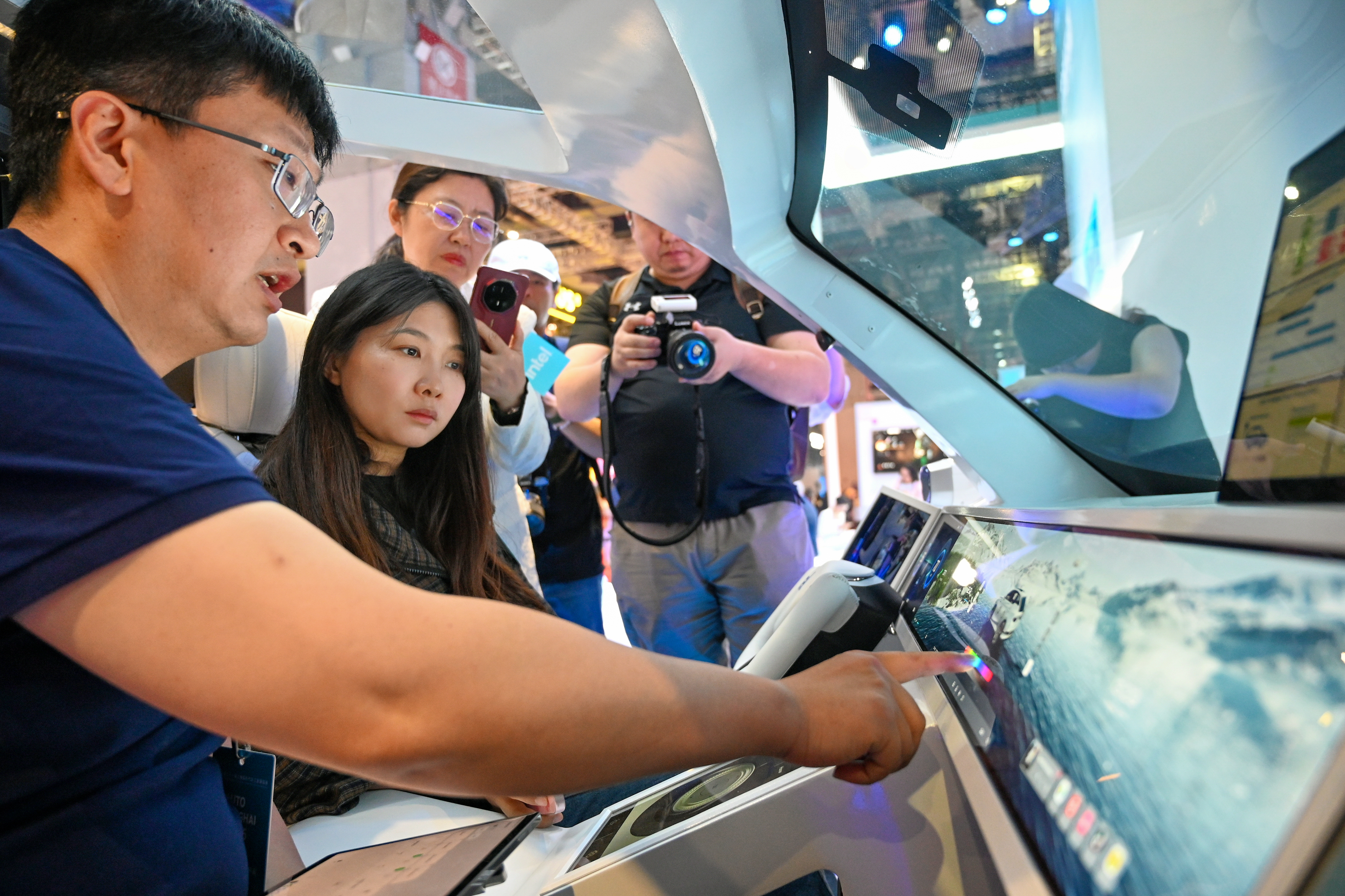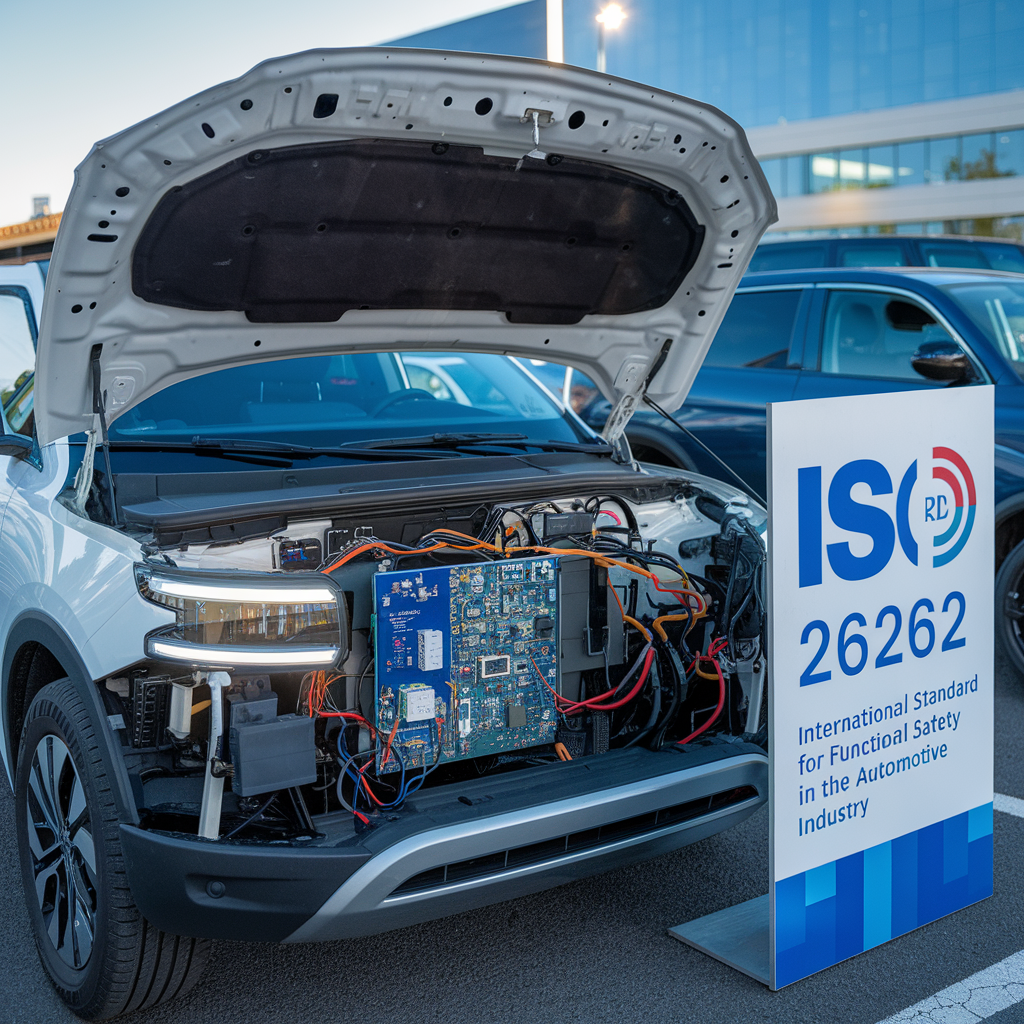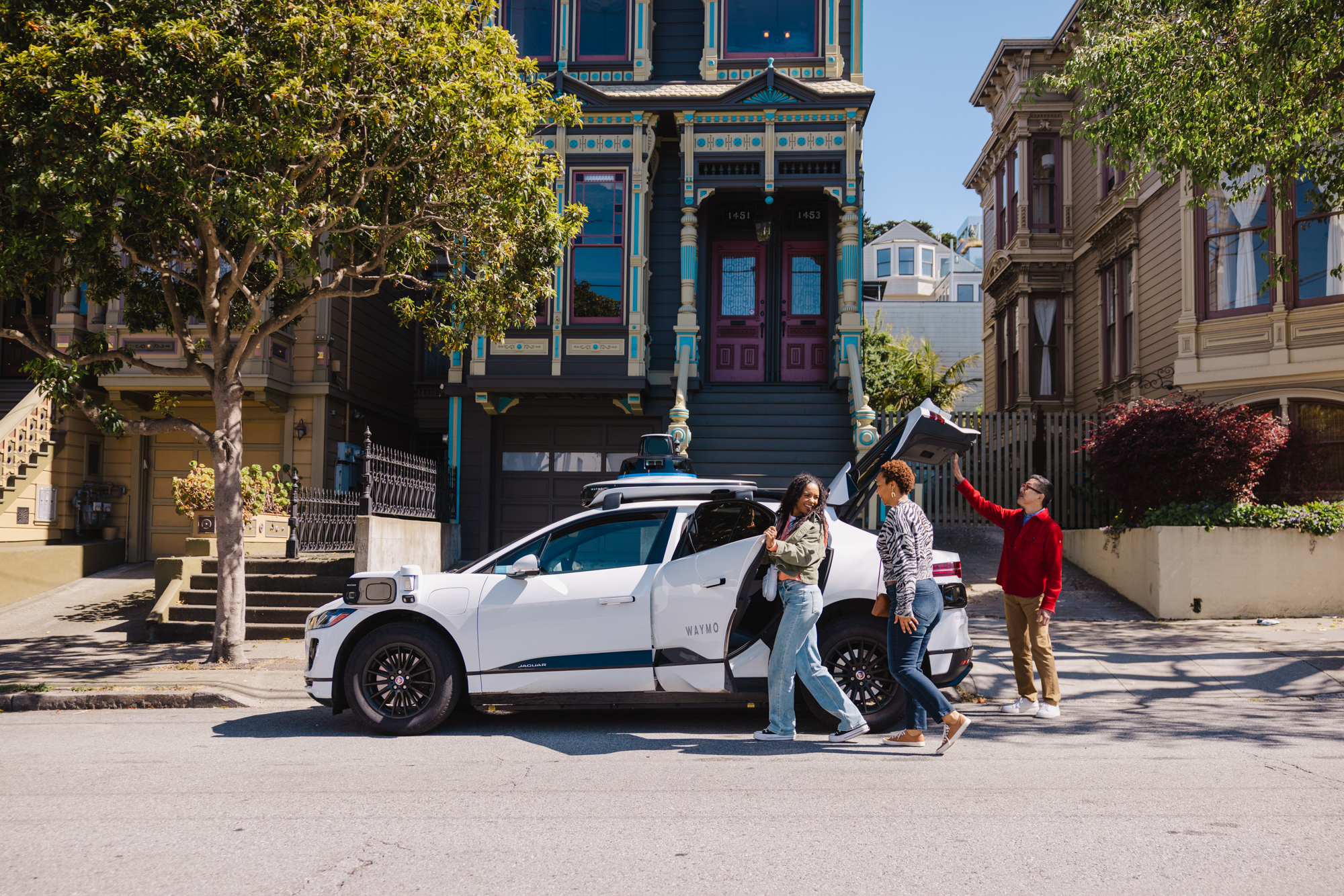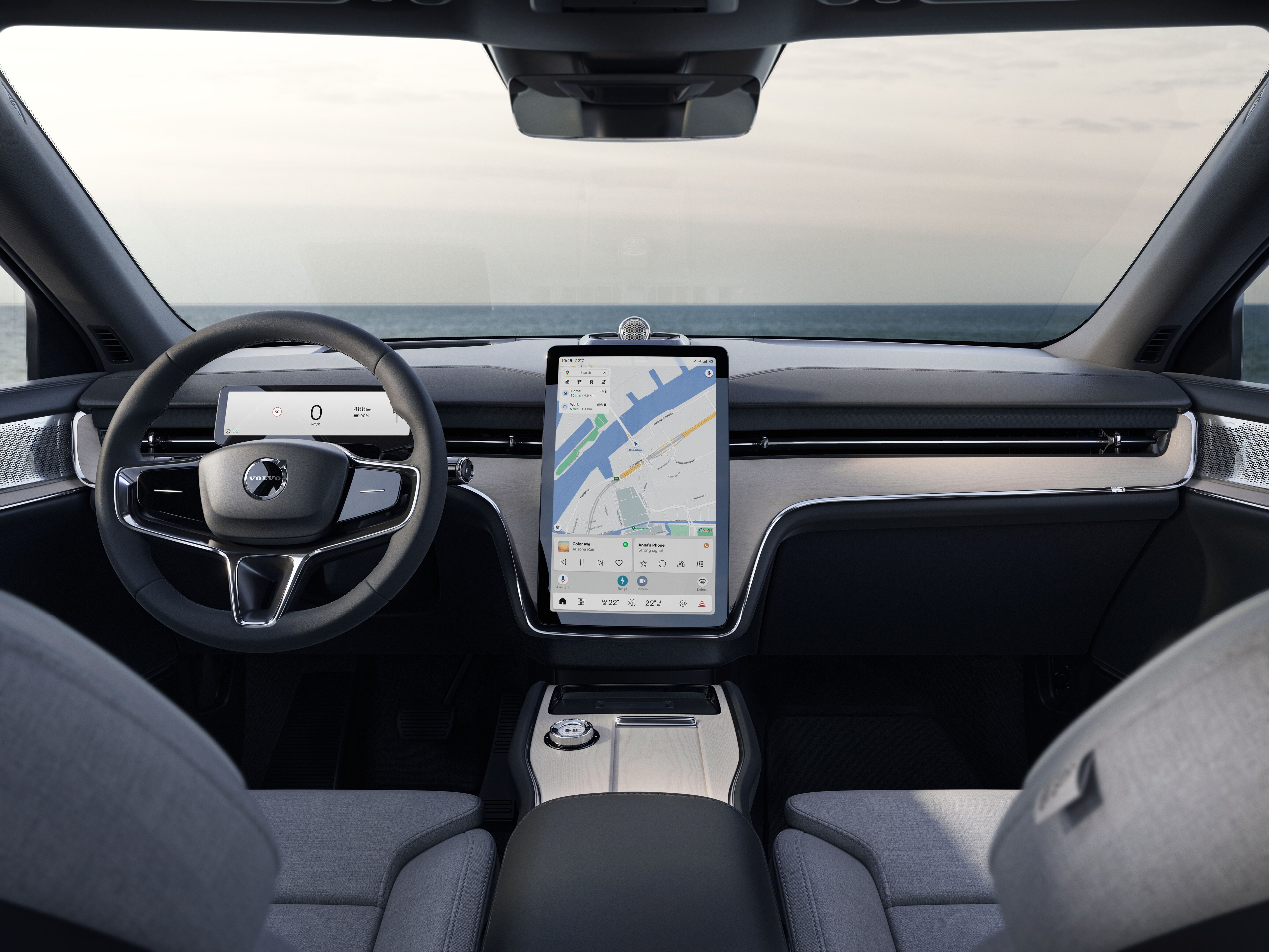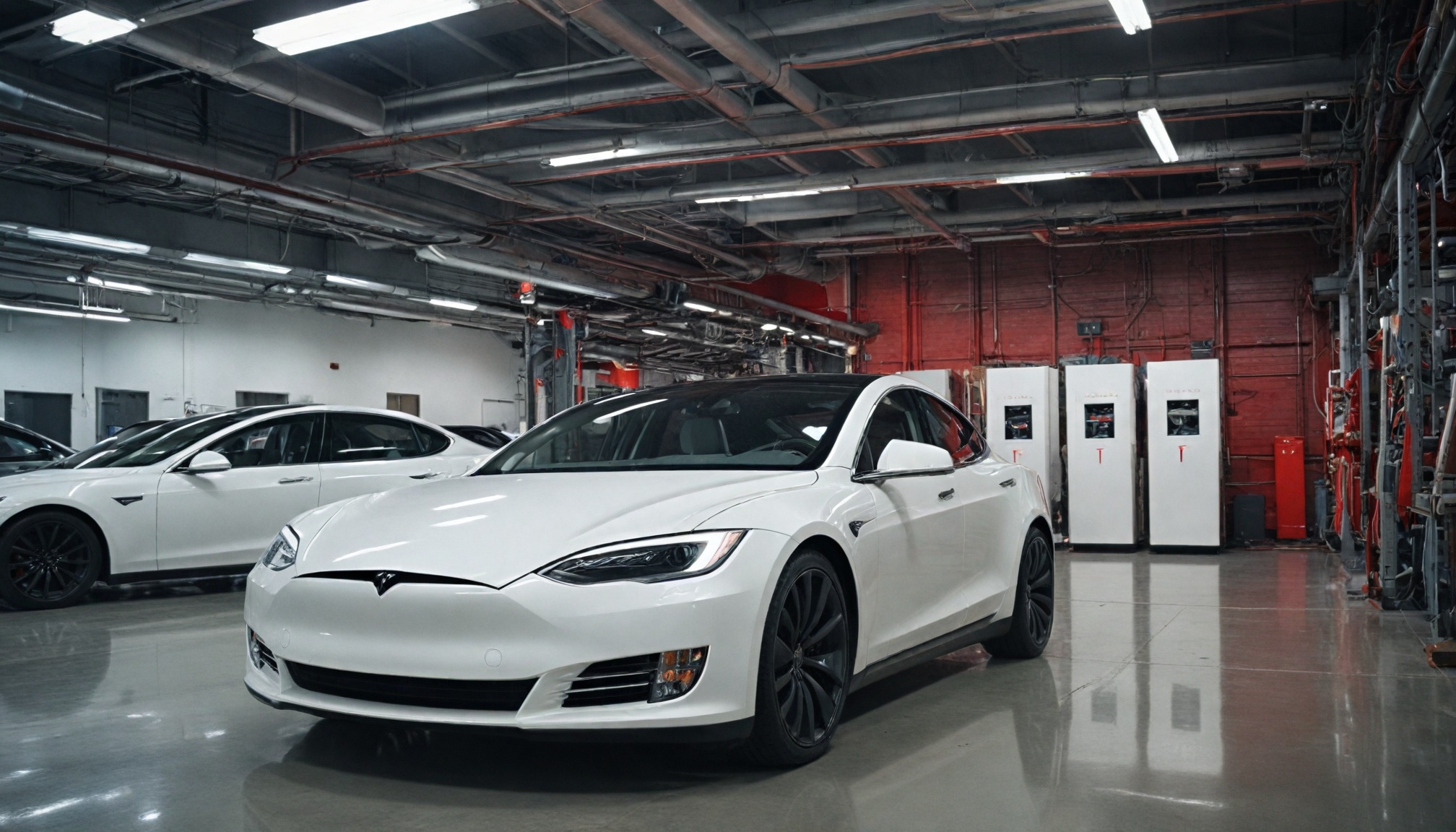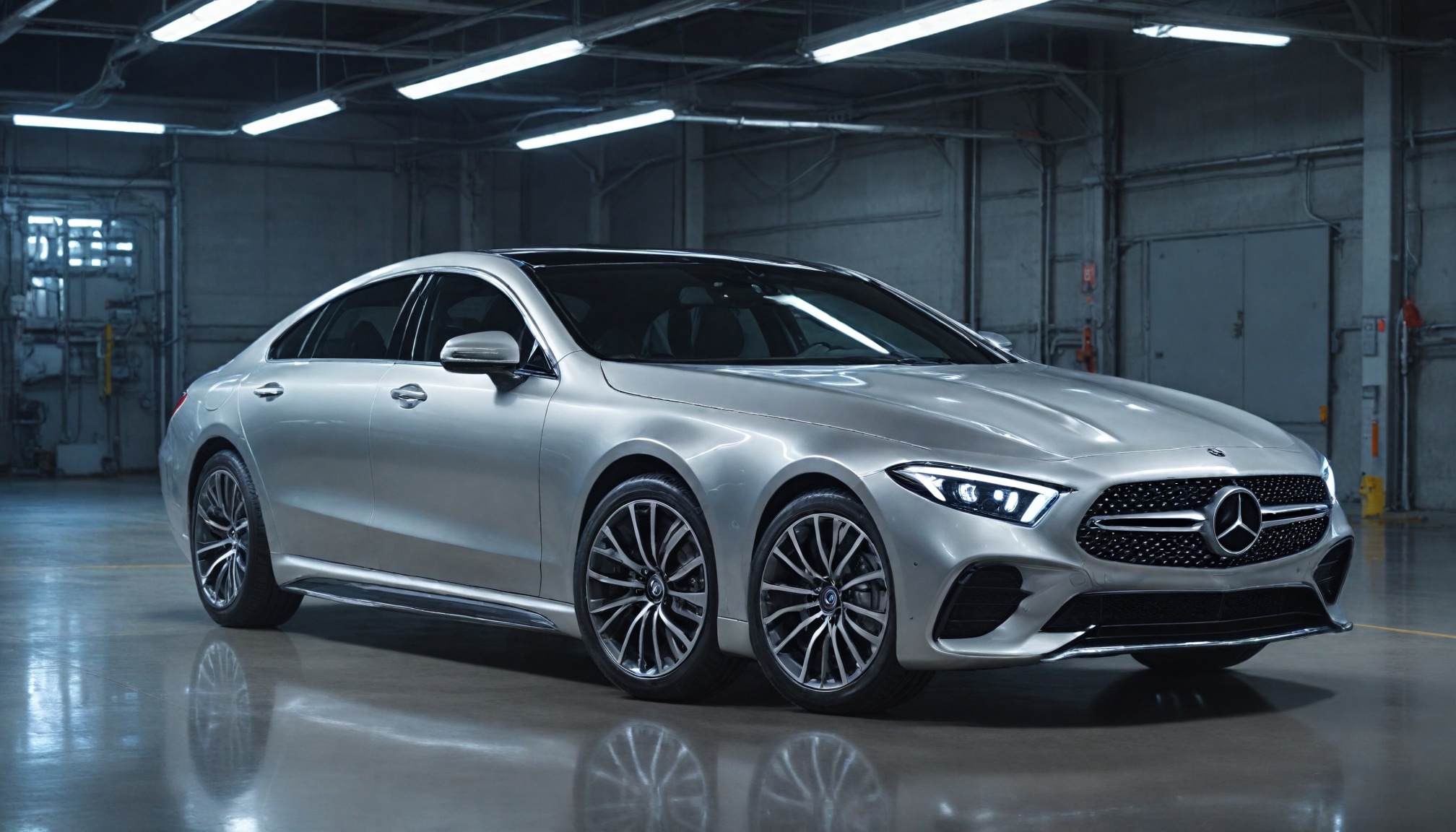
AI revolutionizing automotive: from design to experience with $7B market by 2027, enabling 4.5M autonomous vehicles by 2030 and boosting dealership success.

Drivetech Partners
The automotive industry stands at the precipice of an AI revolution that's fundamentally reshaping how vehicles are designed, manufactured, and experienced by consumers. With the global automotive AI market projected to grow from $2.3 billion in 2022 to $7 billion by 2027, manufacturers are racing to develop flexible technological frameworks that can evolve throughout a vehicle's lifecycle without requiring costly hardware overhauls.
Key Takeaways
The automotive AI market is experiencing explosive growth, with autonomous vehicle numbers potentially reaching 4.5 million on U.S. roads by 2030
Manufacturers must develop scalable AI architectures that can adapt to emerging technologies without requiring complete system replacements
AI-enabled dealerships achieve 26% higher conversion rates and 24% better customer retention than traditional operations
Predictive maintenance systems powered by AI can significantly reduce costs by identifying potential issues before failures occur
Future-proofing vehicles requires balancing current capabilities with infrastructure that can accommodate tomorrow's AI advances
The State of AI in Automotive Today
The automotive industry is experiencing a technological transformation driven by artificial intelligence. According to recent statistics, 75% of dealerships are now moderately to extremely familiar with AI, with 68% reporting positive impacts on their operations. This shift isn't merely cosmetic—it's reshaping the entire industry ecosystem from manufacturing to customer experience.
Industry forecasts suggest nearly 3.5 million autonomous vehicles could be operating on U.S. roads by 2025, increasing to 4.5 million by 2030. Even more telling is the projection that almost 60% of cars sold globally will feature some level 2 autonomy capabilities by the end of 2025, signaling widespread adoption of AI-powered driving assistance.
Leading manufacturers aren't waiting for the future—they're actively shaping it through strategic partnerships with specialized AI firms. Companies like Mercedes-Benz, BMW, and Stellantis are forming alliances that enhance customer experiences while optimizing their manufacturing processes, gaining competitive advantages in this rapidly evolving market.
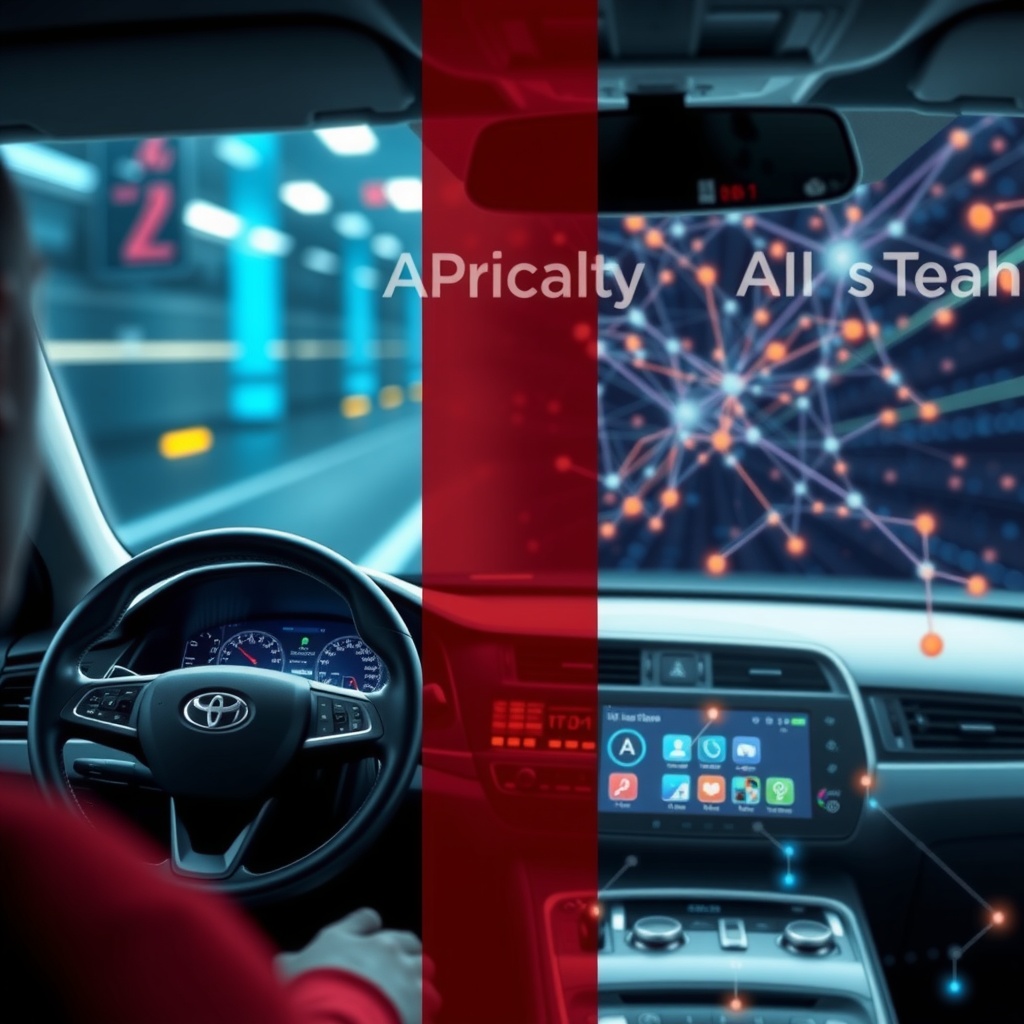
Engineering Future-Proof AI Architectures
The central challenge facing automotive manufacturers today isn't just implementing current AI technologies—it's designing systems flexible enough to accommodate tomorrow's innovations. This requires developing scalable platforms capable of handling evolving model architectures, from traditional convolutional neural networks (CNNs) to newer transformer models and generative AI systems.
Creating future-proof vehicles demands building hardware and software infrastructures that can adapt to AI's rapid advancement without requiring complete system overhauls. Manufacturers must strike a delicate balance between current capabilities and future-readiness to ensure vehicles remain technologically relevant throughout their operational lifespan—typically 10-15 years—while managing the associated lifetime costs.
As vehicles become more connected and AI-dependent, cybersecurity integration becomes not just important but essential. Advanced safety systems, autonomous driving features, and connected services all present potential security vulnerabilities that must be addressed through comprehensive security frameworks that can evolve as new threats emerge.
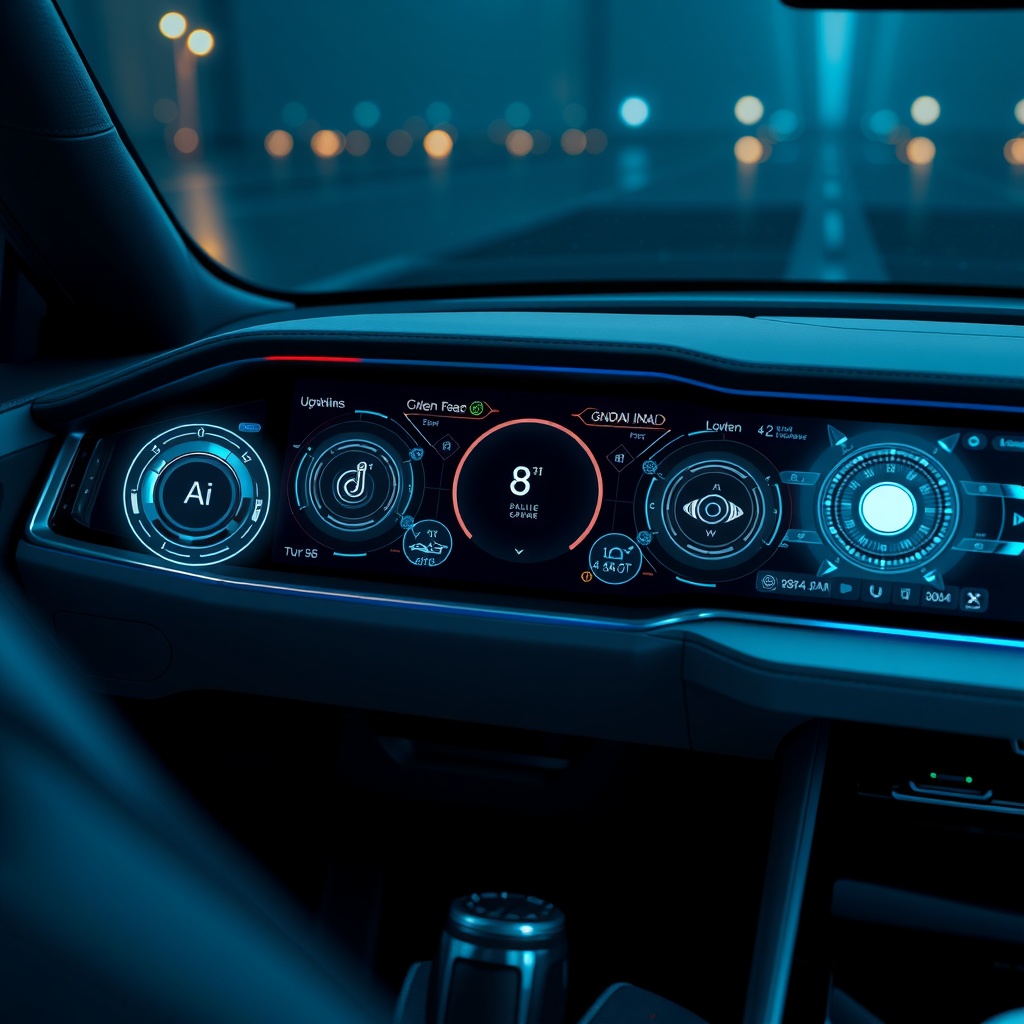
Designing frameworks that accommodate generative models and other emerging AI technologies requires foresight and flexibility. The vehicles rolling off assembly lines today might need to integrate with AI capabilities that don't yet exist—making modular designs with standardized interfaces and over-the-air update capabilities critical to extending technological relevance.
Manufacturing Transformation Through AI
AI is dramatically reshaping automotive manufacturing, with AI-powered robotics and automation streamlining production processes. These technologies improve assembly line speed while significantly reducing error rates, leading to higher quality vehicles produced more efficiently.
Advanced image recognition systems can now spot quality issues before production completion, allowing for immediate correction and reduced waste. Meanwhile, simulation-based process improvements save both time and money while optimizing production sequences and resource allocation.
The emergence of generative AI is supporting rapid prototyping and optimization of components, enabling manufacturers to tailor designs to consumer trends and performance requirements without lengthy development cycles. This technology allows engineers to explore design variations and optimize components for specific criteria much faster than traditional methods.
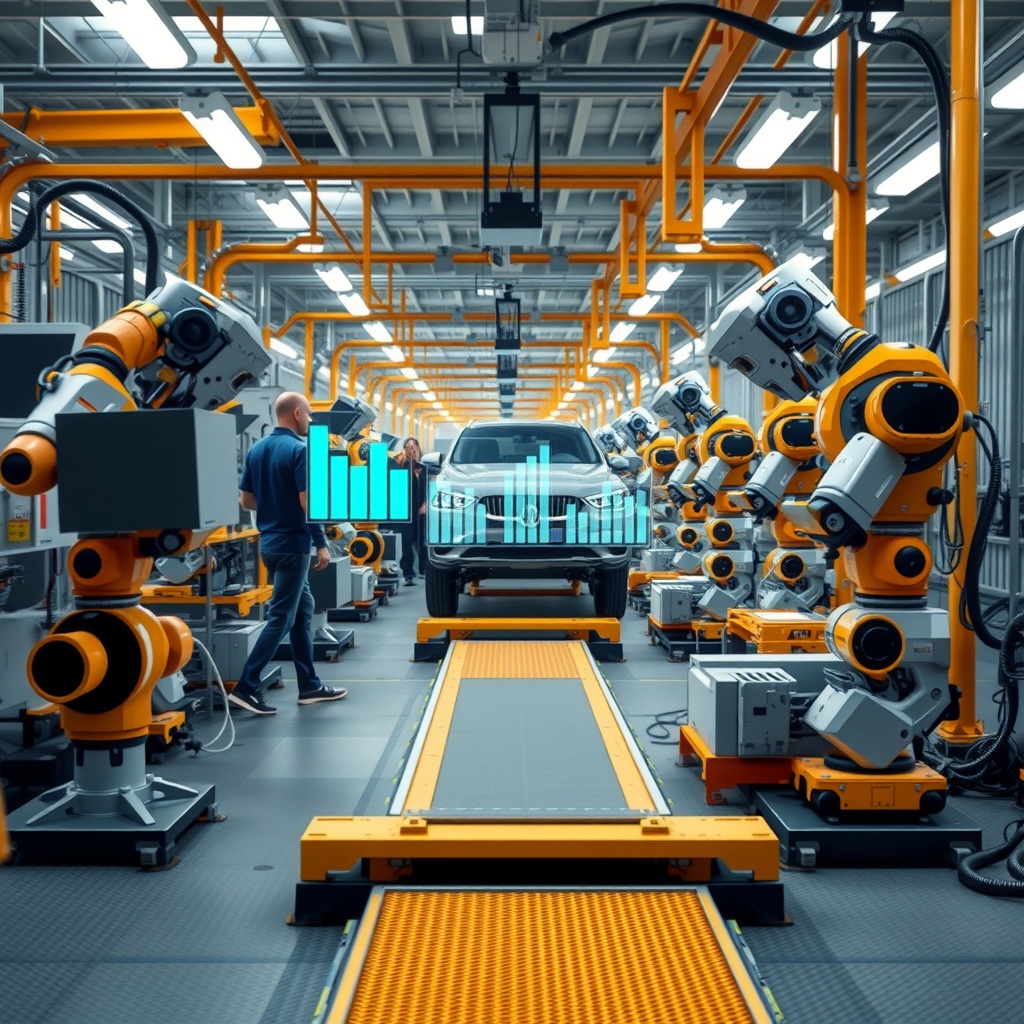
AI is also driving more sustainable manufacturing practices, especially important for electric vehicle production. From optimizing energy usage to reducing material waste, AI systems help manufacturers decrease their environmental footprint while improving efficiency and reducing costs.
Autonomous Driving and Safety Innovations
AI integration with Advanced Driver Assistance Systems (ADAS) provides real-time safety features including object detection, collision warnings, and automated emergency braking. These technologies form the foundation for increasingly autonomous vehicles while dramatically improving safety for today's drivers.
Computer vision technologies enable sophisticated functions like driver monitoring, pedestrian detection, and road sign identification. These systems continuously analyze the vehicle's environment, helping to prevent accidents by alerting drivers to potential hazards they might otherwise miss.
Mercedes-Benz is leading innovation into level 3 autonomy with advanced "environmental detection" capabilities that allow vehicles to take greater control in specific driving scenarios. This represents a significant step toward fully autonomous vehicles that can navigate complex driving environments with minimal human intervention.
The predictive capabilities of automotive AI allow vehicles to anticipate traffic patterns and potential hazards based on learned patterns and real-time data analysis. Neural networks are constantly learning and improving vehicle safety through real-world driving data, making each vehicle incrementally safer as the technology matures.
The New Customer Experience Paradigm
AI is revolutionizing how customers interact with their vehicles by enabling personalized experiences that reflect individual driver preferences. Companies like Porsche are pioneering "Recommendation Engines" that suggest vehicle configurations based on customer preferences and usage patterns.
Intelligent infotainment systems now use natural language processing for voice-activated controls, allowing drivers to interact with their vehicles in a more intuitive way. These conversational interfaces reduce distraction while providing access to navigation, entertainment, and vehicle functions.
The sales experience is also transforming, with AI-powered virtual assistants streamlining processes in both physical and virtual showrooms. This technology guides customers through the purchase journey with personalized recommendations and support, enhancing the overall experience.
The impact of these technologies on business outcomes is significant—customers of AI-enabled dealerships showed a 24% increase in repurchase rates. Additionally, these dealerships drive a 26% lead-to-sale conversion rate compared to traditional groups, demonstrating AI's tangible business benefits.
Predictive Maintenance and Vehicle Lifecycle Management
AI predictive maintenance tools monitor vehicle health, forecast potential issues, and recommend timely repairs before problems escalate. These systems analyze patterns from millions of data points to identify maintenance needs with remarkable accuracy.
Battery optimization systems, like those developed by Tesla, manage component health for longer vehicle lifespans. These AI-driven systems can even optimize battery temperature before reaching charging stations for safer, more efficient charging processes.
The financial benefits of AI-powered maintenance are substantial, with significant cost reduction achieved by identifying maintenance needs before failures occur. This proactive approach reduces both repair costs and vehicle downtime for owners.
Companies like RAVIN AI and UVeye are pioneering AI-powered vehicle inspections that dramatically reduce assessment times while improving accuracy. These technologies use computer vision to identify damage and wear that might be missed in traditional inspections.
Real-time sensor data analysis enables more accurate service scheduling and parts inventory management. Dealerships and service centers can better predict which parts they'll need and when, improving service efficiency and customer satisfaction.
Dealership and Business Model Evolution
AI-powered inventory management systems like Cox Automotive's vAuto leverage predictive analytics to forecast demand accurately. This helps dealerships reduce overstocking of slow-moving models and understocking of high-demand vehicles, optimizing capital allocation.
Traditional intuition-based marketing approaches are giving way to data-driven strategies that allow for more targeted campaigns. AI helps dealerships identify the most receptive audiences for specific vehicles and offers, improving marketing return on investment.
The direct-to-consumer models pioneered by Tesla are challenging traditional dealership structures, forcing established players to adapt. Meanwhile, online car sales businesses like Carvana and Vroom use AI to streamline purchases and financing, setting new consumer expectations for the buying process.
Perhaps most importantly, AI is providing sales teams with detailed customer journey data, enabling 27% higher showroom appointment set rates. This insight-driven approach helps salespeople understand customer needs and preferences before they even enter the showroom, creating more productive interactions.
Economic Implications of AI Adoption in Automotive
Manufacturers face the challenge of managing lifetime costs associated with AI implementation and updates throughout vehicle lifecycles. Designing systems that can be cost-effectively updated over time is crucial to maintaining competitive pricing while delivering cutting-edge technology.
Despite these challenges, AI offers significant revenue growth opportunities through hyper-personalized customer engagement that increases lifetime value. By better understanding and serving customer needs, manufacturers and dealers can build stronger, more profitable long-term relationships.
Supply chain optimization through AI-driven predictive analytics helps forecast demand and manage logistics more efficiently. These systems can anticipate disruptions and identify alternative sourcing options before problems affect production schedules.
For manufacturers, there's a critical need for investment prioritization in AI technologies for autonomous vehicles, predictive services, and manufacturing. Companies must determine which technologies will deliver the greatest competitive advantage and focus resources accordingly.
Traditional manufacturers are adapting AI across their operations to remain competitive amid industry transformation. Those that successfully integrate these transformative technologies will likely thrive, while those that lag behind risk obsolescence in an increasingly AI-driven automotive landscape.
Sources
Impel AI Blog - Auto AI Predictions 2025
Salesforce - AI Agents Automotive Industry Stats 2025
S&P Global - AI Automotive Trends CES 2025 Recap
Kanini - AI in Automotive Industry 2025
Ciklum - Future of Automotive AI 2025
